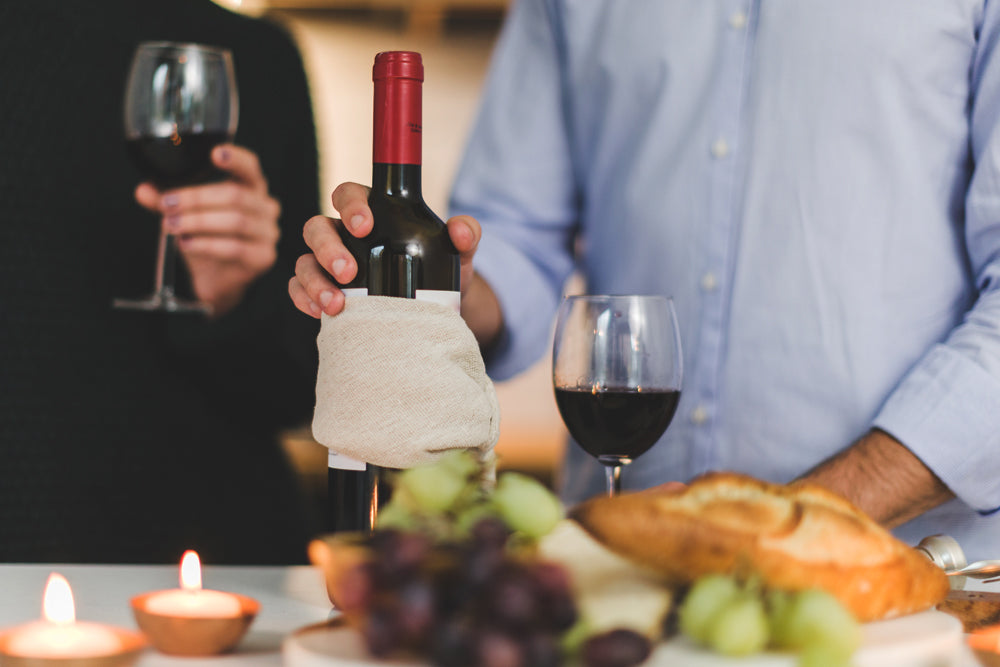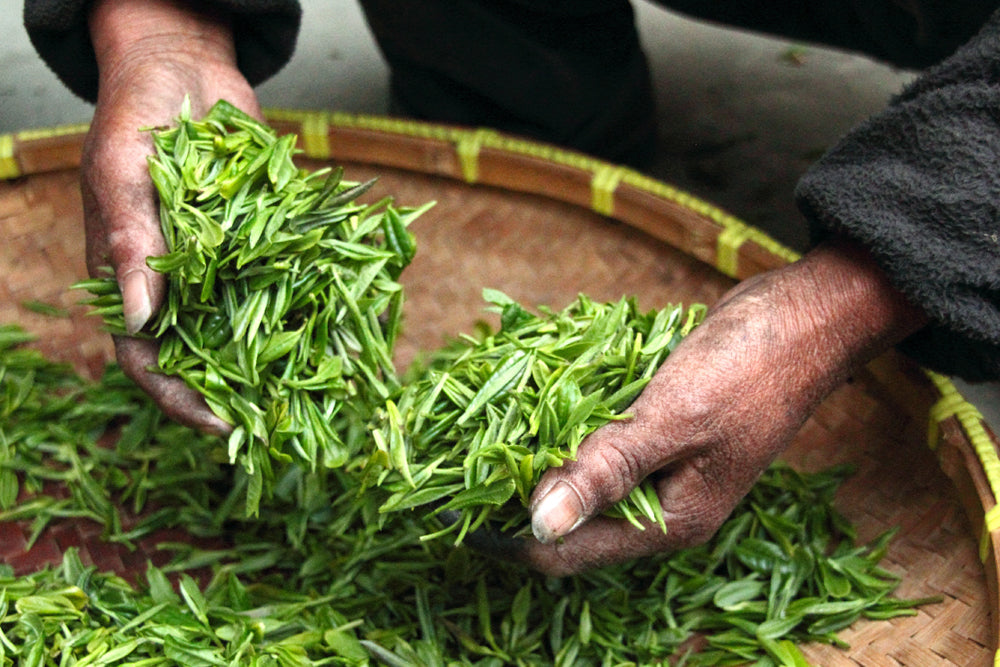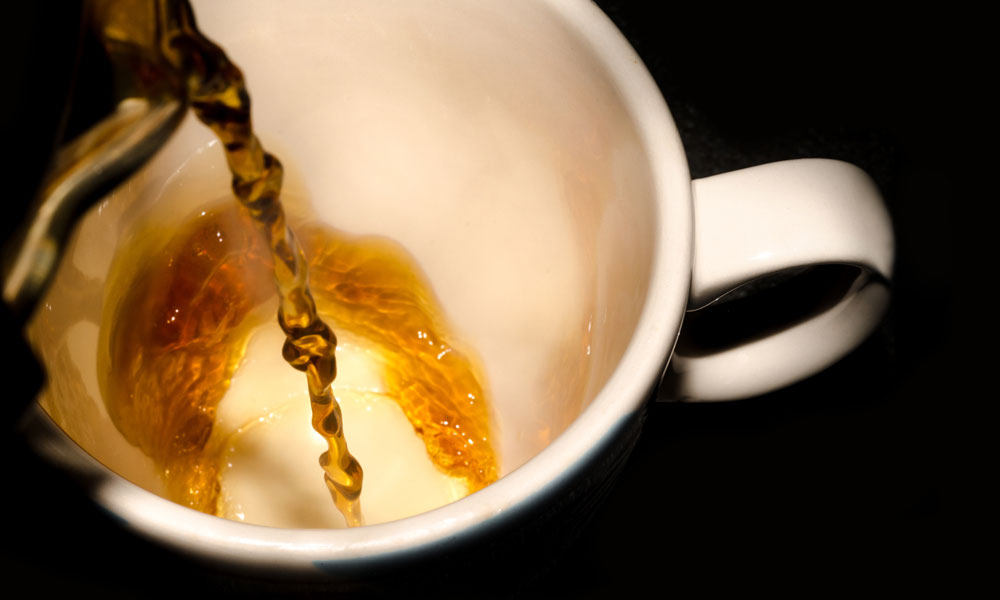This year I’ve been reading ‘Elephants on Acid — The most outrageous experiments from the history of science’ by Alex Boese. I’m only half way through but I came across a rather intriguing experiment involving specialist wine connoisseurs who couldn’t tell the difference between red and white wine.
Frederic Brochet, a cognitive neuroscience researcher at the university of Bordeaux invited 54 specialist wine taste testers to offer their thoughts on 2 glasses of wine. The first was a white wine, the second was the exact same white wine but with flavourless red food colouring added.

They all described the white wine with the usual adjectives: golden, floral, pale, dry, apricot, lemon, honey and straw etc.
When they tasted the red wine they described it as deep, dark, black currant, cherry and spicy. A typical profile you’re expect from any red. Not a single one of them noted the similar flavour profile between the 2 wines.
You would think that specialists from Provincial France who are trained to identify the exact vintage of specific wines would be able to spot the lack of difference between these 2 wines right? Well in this case, turns out they cant.
So is there really no difference between red and white wine?
Well no, not really. Being a winery owner himself, Brochet didn’t set out to completely debunk the powers of wine tasters and hobbiest drinkers alike. White and Red wine do in fact taste difference, what Brochet was trying to demonstrate in his experiment was the power of perception and expectation.
Boese then goes on to explain…
“What this means is that the brain doesn’t treat taste as a discrete sensation. Instead, it constructs the experience of flavour by taking into consideration information from all the senses — sight, sounds, smell, touch and taste. Paradoxically it places the greatest emphasis on sight— almost twenty times more emphasis, according to Brochet, than it places on any other sense. So if our eyes tell us there’s red wine in the glass, our brain places more faith in that data than in the information coming from the taste buds. Our expectation becomes reality”
But what does this mean for tea?

Given that sight has such a strong influence on taste, the experiment highlights the need to embrace all of our senses if we want to experience and enjoy our to it’s full potential. You might want to look at the following:
-
The way the tea leaves look — Informal Tea is unique in that we offer large leaf, hand-made tea and blend with real ingredients rather than flavours produced in a lab. Get right in there and have a good gawk at your tea before and after brewing, have a feel and see what you can learn and appreciate about the tea.
-
The tea colour — Is it light, dark or somewhere in between. Examine your tea and contemplate how the tea colour alters your perception of taste.
-
The vessel that you brew and drink your tea from can influence taste. A rough, textured and handmade tea set can enhance the Artisanal aspects of your tea, whereas a minimalist tea set can bring a little zen to your brew.
- Just like sight, smell is one of our key senses. Inhaling a deep breath and capturing all of the scent from your tea before, during and after the brewing process can unlock exciting flavours in your tea and enhance the existing profile in our mind. There is also the added benefit that taking a moment to stop and breath can also help to facilitate a calm and relaxed mind — taking time out to have a mindful break is after all what drinking tea is all about, so it’s a win-win.
As a side-note, this brings me to another question about taste that I find interesting.
Does organic produce taste better than non-organic produce?

There have been countless studies proving one way or the other. But I’d like to offer my suggestion based on Brochet’s findings that our brain can strongly influence flavour.
Each year a new round of documentaries (such a David Attenbroughs spectacular Blue Planet 2, or the new Netflix show Rotten) are released outlining the ever increasing strain we place on the environment. More than ever, we are asked to question our own individual participation in this growing tragedy and as the guilt grows it can be a lot to handle. It’s all a little depressing and you wouldn’t been blamed for feeling a little helpless at times!
But if we have brought a product that we know has been produced in an environmentally sound way, with respect to the people who have produced it, it’s one less weight off of our shoulders. Personally, I feel that when I drink Informal Tea and contemplate those aspects then yes, the tea does taste a lot sweeter! It may be my mind playing tricks on me, but I’d like to think its a nice reward for doing the right thing.
One last side note: If you’re looking to kill some time, I definitely recommend Elephants on Acid but in the meantime why don’t you check out author Alex Boese’s other interesting side project — the museum of hoaxes blog.

What do you think?
201 comments
Well we really like to visit this site, many useful information we can get here.
https://ipsnews.net/business/2022/03/01/felix-fetch-fresh-dental-formula-reviews-natural-pet-care-works-legit-or-scam/
https://ipsnews.net/business/2022/03/01/clavusin-reviews-is-the-african-secret-legit-works-or-not/
If you haven’t eaten anything in a while, that aching or fuzzy feeling may be a result of low blood sugar. In this case, eating something right away could nip the nagging sensation in the bud. Some research suggests that foods rich in magnesium, such as spinach, tofu, olive oil, or sunflower or pumpkin seeds, may be especially helpful.
https://ipsnews.net/business/2022/02/28/boulder-highlands-cbd-gummies-reviews-must-know-facts/
https://ipsnews.net/business/2022/02/28/pure-herbal-cbd-gummies-reviews-support-discomfort-with-relief/
Ketosis is a metabolic adaptation to allow the body to survive in a period of famine. Your body will break down ketone bodies, a type of fuel the liver produces from fat, instead of sugar or glucose from carbohydrates. To achieve ketosis, the diet requires you eat 75 percent of your calories from fat, compared to 20-35 percent normally. It also requires 5 percent of calories from carbohydrates, about 20-50 grams per day, and 15 percent of calories from protein.
https://ipsnews.net/business/2021/11/25/true-keto-1800-reviews-burn-fat-for-energy-not-carbs/
http://ipsnews.net/business/2022/02/25/apple-keto-gummies-australia-reviews-must-know-the-facts/
Well we really like to visit this site, many useful information we can get here.
https://ipsnews.net/business/2022/03/12/cannaleafz-cbd-gummies-reviews-support-discomfort-with-relief/
https://ipsnews.net/business/2022/03/16/glucorun-supplement-reviews-effective-blood-sugar-support/
The most important component of an effective weight-management program must be the prevention of unwanted weight gain from excess body fat. The military is in a unique position to address prevention from the first day of an individual’s military career. Because the military population is selected from a pool of individuals who meet specific criteria for body mass index (BMI) and percent body fat, the primary goal should be to foster an environment that promotes maintenance of a healthy body weight and body composition throughout an individual’s military career.
https://ipsnews.net/business/2022/03/01/peak-performance-greens-superfood-reviews-legit-or-scam-must-read/
https://ipsnews.net/business/2022/02/28/insulex-reviews-expel-toxins-to-shed-weight/